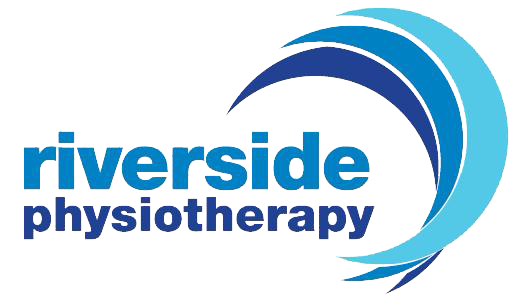Pain: how should you react to your body's alarm system?
Pain is healthy, acting positively to protect us and keep our bodies safe from more serious damage. But how should you react to the alarm?
Unfortunately, it can sometimes become “over” protective and work a bit too well. This over sensitivity can be altered when you understand more about the process. The way we feel and think impacts so many aspects of our lives. Understanding more about your individual experience of pain, can contribute significantly to reducing it.
Think of pain as an “alarm system”. Occasionally, the “alarm” becomes too sensitive and can be triggered too easily. The sensitivity of your “alarm” can be raised by many factors; a painful previous injury, beliefs about your body, current mood and your stress levels. Persistent or chronic pain is often related to changes within the “alarm system” rather than a true reflection of what is happening within your tissues. Pain is therefore not an accurate reflection of your body’s physical state.
Always-on lifestyle
Pain is complex, multi-dimensional and individual. The ‘always-on’ state of our modern lives exposes us to a myriad of stressful situations over long periods of time. Pressure at work, family difficulties and other adverse life events can lead to greater levels of stress. Stress can be challenging to manage in these situations, but If you are in pain at that time, your experience may well be amplified.
The systems involved with stress and pain are quite similar. When increased stress is maintained for long periods of time, the hormones released can be destructive to the body. Once you understand the effects of stress on your body, you can learn methods that help you to relax, and connect your mind and body in a positive way.
At Riverside Physiotherapy, we don’t just treat the problem, we treat the person. If you’re struggling with persistent pain, we can help you understand how to reduce the sensitivity of your alarm and better manage your pain. To make an appointment, call us today on 01895 623 558.

